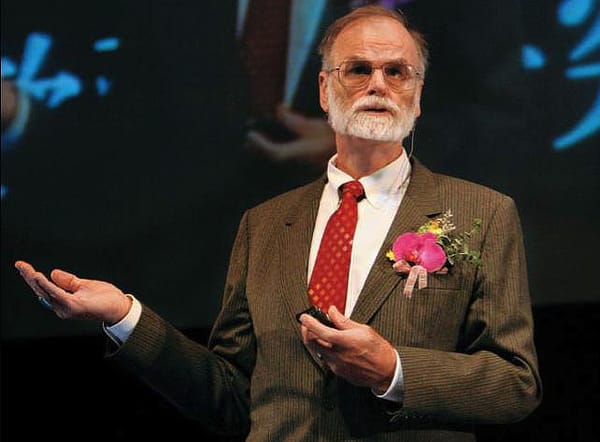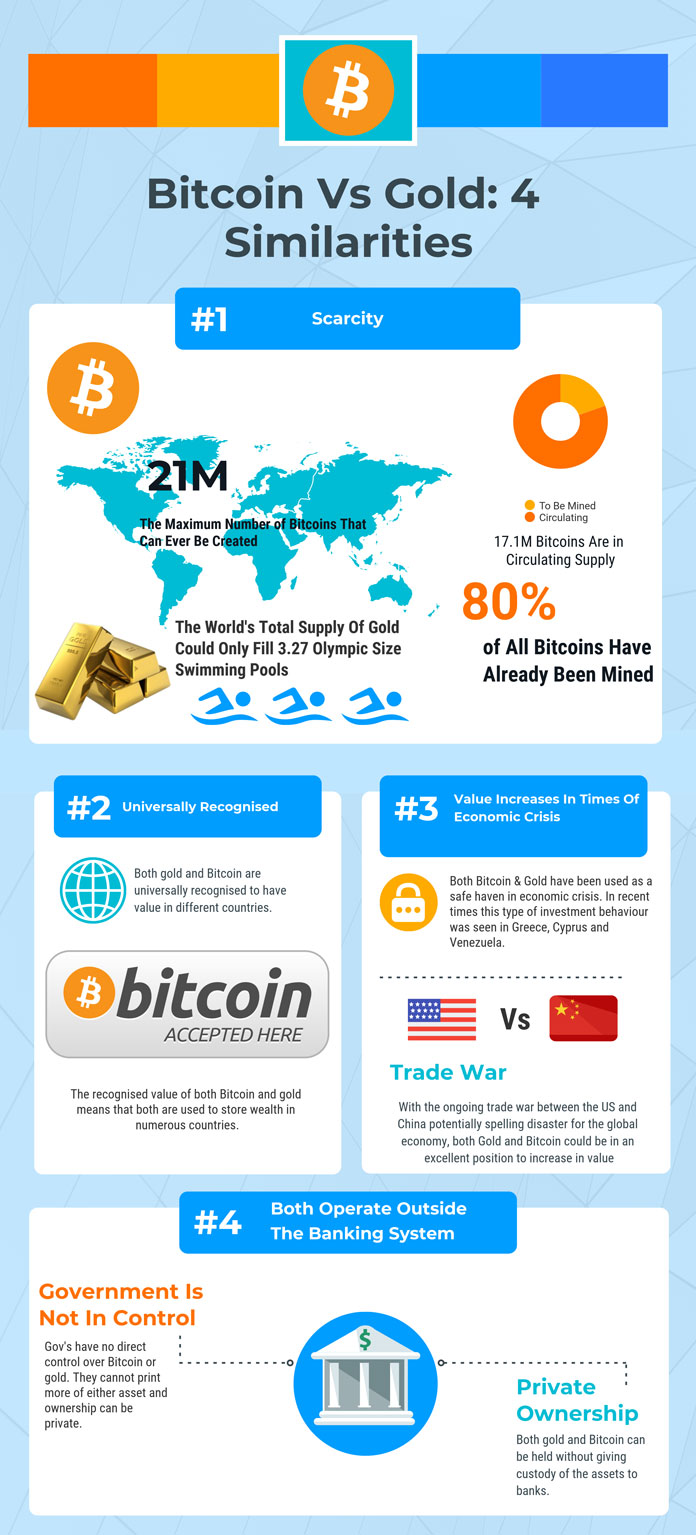2021-3-7 12:22 |
The way people work has continuously evolved over the past couple of decades, thanks to increased penetration of the internet and advancements in communication tools that continue to make remote work possible. However, only recently, after the COVID-19 pandemic struck, did many organizations realize the viability of remote working as employees continued to work from home amid lockdowns imposed by respective governments.
The crypto industry is not new to remote working as most projects are developed and run by multifunctional teams whose members are scattered across geographies. Interestingly, these decentralized teams complement cryptocurrency technology, whose core attribute is all about decentralizing information.
The leading crypto exchange operator, Coinbase, recently became a decentralized company. The company decided to decentralize itself after operating for a while as a remote-first business that encouraged employees to work from anywhere in the world. According to Brian Armstrong — CEO and founder of Coinbase, the decision to become a decentralized company was influenced by the success of its remote-first approach during the COVID-19 pandemic. It made them realize that an overwhelming 94% of the workforce believed that working remotely was beneficial. It gave them autonomy, flexibility, and the ability to focus while enjoying personal time. The employee-friendly work policy has, in turn, helped the company attract some of the top talents from all over the globe. Overall, it is said to have increased engagement, belonging, learning, and creativity among the team members.
When it comes to decentralized businesses with a global workforce, traditional ownership structures and a top-down approach to governance may not be the efficient option. By empowering people at different levels to participate in the decision-making process, businesses can become more versatile and adapt to changing scenarios on the ground. DAOs, short for Decentralized Autonomous Organizations, are created to democratize the entire process. In 2016, a company called the DAO was launched on the Ethereum blockchain. The company’s life was short-lived following security issues that resulted in a hack, forcing its suspension and a hard fork of the blockchain. However, the short stint of this new application of blockchain technology successfully proved the DAO concept, leading to further developments.
DAOs are programs that are designed to enable organizations to function without having a hierarchical management structure. Instead, it allows the community of stakeholders in a project or a business to take part in various roles necessary to ensure the entity’s smooth functioning and growth. In return, they receive rewards in recognition of their contributions to the ecosystem.
DAOs Evolving with Web 3.0In the evolutionary journey of the internet, the next step is referred to as Web 3.0. It is all about the decentralization of tech infrastructure, relying extensively on collaborative actions where anyone can contribute or consume information without restrictions by a third party. Businesses staying relevant in this age will need a new organizational structure to communicate and manage decentralized collaborations. This evolution will be made possible by integrating fully-functional DAOs. However, most of today’s DAOs are limited to voting shell structure, which leaves room for lots of improvements in the segment.
The availability of full-function DAOs will make it easier for businesses planning to go the Coinbase way to create and manage a decentralized company. It is just a matter of time before technical limitations concerning complexity and scalability of smart contracts governing DAOs and associated high gas costs are overcome to drive the adoption of decentralized collaboration and governance.
The Metis DAO Way – The Future of Collaborative OrganizationsSolving the issues hindering widespread adoption of DAOs is Metis – a layer 2 solution based on Ethereum blockchain. By using a combination of Optimistic Governance and a suite of microservice tools, Metis brings in scalability, affordability, and accessibility to easy-to-use DAO infrastructure.
Creating a decentralized company on the Metis DAO platform is a simple 3-step process. A DAO on the Metis platform allows collaboration between users through an embedded trust mechanism utilizing staking bonds to ensure all participants’ accountability. Further, for transparency and auditability, Metis implements a decentralized business credentials system that evaluates collaboration history to assign Reputation Power which is directly linked to eligible incentives.
As a layer 2 solution, Metis will be handling all transactions on the tailored Optimistic Rollup side chain that aggregates multiple transactions into a single roll-up block whose hash will be committed to the Ethereum blockchain by a smart contract. By doing so, the number of entries to the blockchain is drastically reduced, lowering the gas fees necessary to maintain the DAO. Further, it will include many governance and management embedded templates on layer2, including task management, knowledge management, event management, chatroom, forum and many more functionalities, accessible over a simplified, user-friendly web interface.
Metis is all set to become the go-to platform for creating Decentralized Autonomous Companies/Corporations with all its features for the new Web 3.0. In the coming days, Metis will be organizing a token airdrop and public sale, offering an opportunity for the community to become part of the new movement.
Image by Gerd Altmann from Pixabay origin »
Bitcoin price in Telegram @btc_price_every_hour
Work Force Coin (WFC) íà Currencies.ru
|
|
















